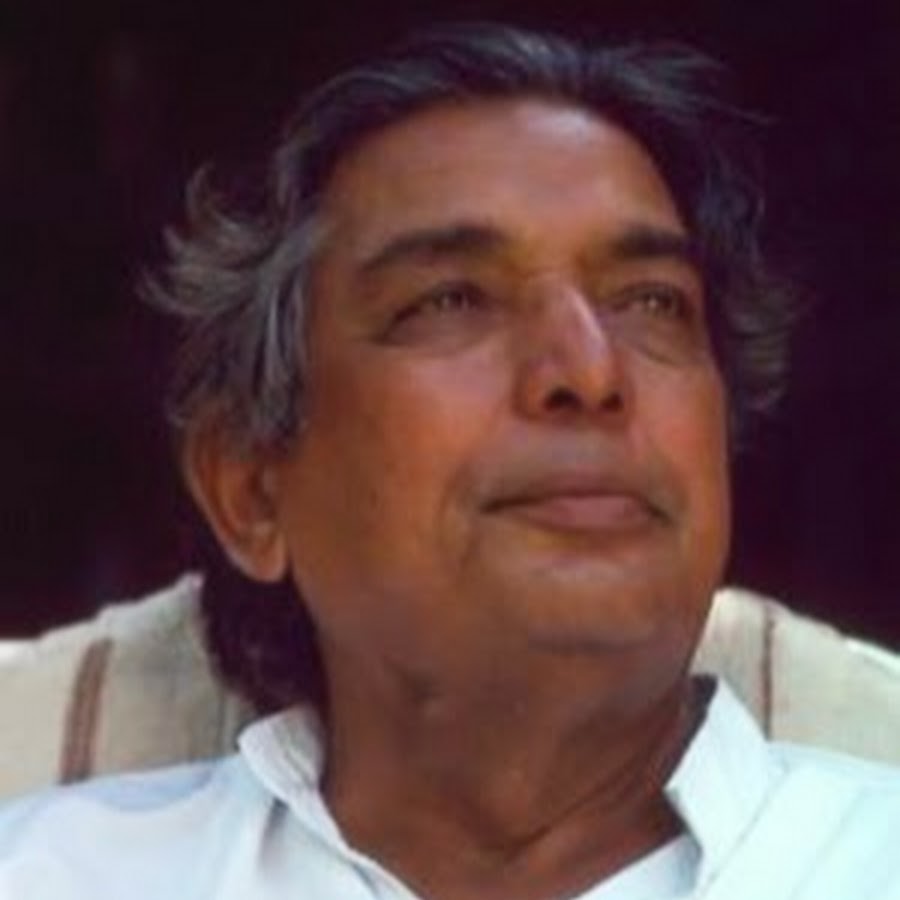Kaifi Azmi
Kaifi Azmi
Poet, Lyricist, Songwriter
- Azamgarh, Uttar Pradesh
Kaifi Aazmi was a famous Hindi and Urdu poet and lyricist of Hindi film. He was born on Januray 14, 1919 in a landlord family of Mejwan, Azamgarh, Uttar Pradesh. Aazmi abandoned his studies of Persian and Urdu during the Quit India agitations in 1942 and shortly thereafter became a full-time Marxist. During this period, Azmi started to win great acclaim as a poet and became a member of Progressive Writers' Movement of India. Later he went to Bombay and joined Ali Sardar Jafri in writing for the party’s paper, Qaumi Jung. In 1947, he visited Hyderabad to participate in a mushaira. There he met, fell in love and married a woman named Shaukat Azmi. She later became a renowned actress in theatre and films. Azmi's first collection of poems, Jhankar was published in 1943. As a lyricist and songwriter, though he wrote for numerous films, he will always be remembered for Kaagaz Ke Phool (1959), Haqeeqat (1964), Heer Raanjha (1970). Azmi died on May 10, 2002. He was the recipient of Padma Shri, one of the Indian Government's highest civilian awards. Besides he was awarded the Uttar Pradesh Urdu Academy Award, Maharashtra Urdu Academy Award, Delhi Urdu Academy Award. He has also been honoured with a doctorate from Vishva Bharati University. He died in 2002.
Early life
Azmi was born into a shia Muslim family in the village of Mizwaa(n) in Azamgarh district, Uttar Pradesh, India.
Family
Azmi was married to Shaukhat Azmi. They have a daughter, Shabana Azmi (An Indian Actress of film, television and theatre) and a son, Baba Azmi (Indian Cinematographer).
Career
At age eleven, Azmi wrote his first ghazal Itna To Zindagi Mein Kisi Ki Khalal Pade and somehow managed to get himself invited to a mushaira and over there, he recited a ghazal, rather a couplet of the ghazal which was very much appreciated by the president of the mushaira, Mani Jaisi, but most of the people, including his father, thought he recited his elder brother's ghazal. When his elder brother denied it, his father and his clerk decided to test his poetic talent. They gave him one of the lines of a couplet and asked him to write a ghazal in the same meter and rhyme. Azmi accepted the challenge and completed a ghazal. This particular ghazal was to become a rage in undivided India and it was immortalised as it was sung by legendary ghazal singer, Begum Akhtar. Azmi abandoned his studies of Persian and Urdu during the Quit India agitations in 1942 and shortly thereafter became a full-time Marxist when he accepted membership of the Communist Party of India in 1943.
Like most of the Urdu poets, Azmi began as a ghazal writer, cramming his poetry with the repeated themes of love and romance in a style that was replete with clichés and metaphors. However, his association with the Progressive Writers' Movement and Communist Party made him embark on the path of socially conscious poetry.
Azmi's work in films includes working as a lyricist, writer and actor. Azmi wrote his first lyrics for the film Buzdil, directed by Shaheed Latif and music by SD Burman, released in 1951. His early work as a writer was mainly for Nanubhai Vakil's films like Yahudi Ki Beti (1956), Parvin (1957), Miss Punjab Mail (1958) and Id Ka Chand (1958). While directors like Khwaja Ahmad Abbas and Bimal Roy strove to create the "New Cinema", writers like Sahir Ludhianvi, Jan Nisar Akhtar, Majrooh Sultanpuri, and Kaifi changed the tenor and vocabulary of the Hindi film song, creating a fresh new wave in Hindi film lyrics that lasted many years.
